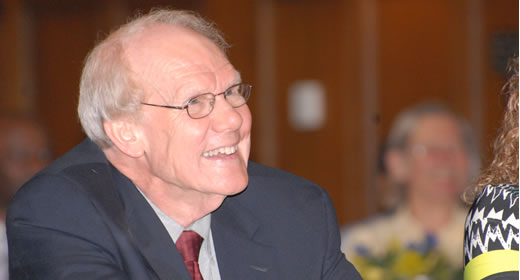
"Healthcare, for the most part, doesn't prevent illness—it tries to fix it once it happens," writes James House in his July 6 Guardian op-ed, "Healthcare heals the sick. Better pay keeps them healthy in the first place."
The Affordable Care Act has broadened access to insurance and medical care, but House notes that "access to hospitals and insurance account for only 20 to 30 percent of how healthy we are."
Citing studies on model healthcare initiatives like the 2006 Massachusetts reforms and a 2008 Medicare expansion in Oregon, neither of which did much to improve health or relieve the burden of healthcare spending, House argues that a true solution to the problems the ACA attempts to address would have to come from "socioeconomic and environmental policies that affect how people live and work."
Programs like early childhood education, social security, better living conditions, and oversight for occupational hazards would lead to better everyday health for Americans, and could reduce healthcare's financial burden by as much as a trillion dollars over the next decade says House. "It's a self-reinforcing solution," he writes.
These solutions come from areas that are not typically included under the rubric of "health policy," but, according to House, "to achieve better health with lower spending, health policy must expand what it includes."
House explores these themes in a new book, published in June 2015 by the Russell Sage Foundation. The book, Beyond Obamacare: Life, Death, and Social Policy, is "a provocative reconceptualization of health in America," writes the publisher. "Beyond Obamacare looks past partisan debates to show how cost-efficient and effective health policies begin with more comprehensive social policy reforms."
James House is the Angus Campbell Distinguished University Professor Emeritus of Survey Research, Public Policy, and Sociology at the Ford School.